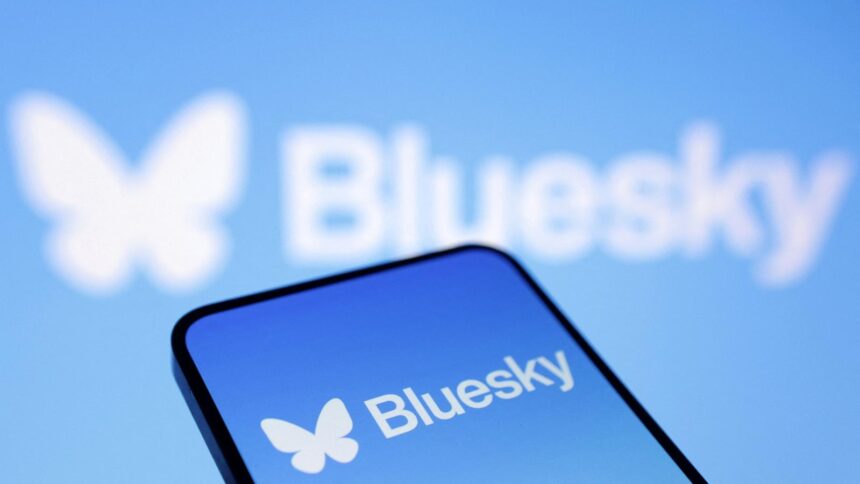What began as an absurd meme — a flood of waffle posts on Bluesky’s timeline — has spiraled into a debate over leadership tone, community governance, and the delicate balance between humor and authority in decentralized social networks.
The episode, which unfolded over the past week, saw users deploy the “waffle” symbol as both satire and subtle protest. Some saw it as a harmless inside joke; others as a form of collective criticism aimed at Bluesky’s moderation approach and the platform’s handling of past controversies.
Bluesky CEO Jay Graber’s public responses — first describing the posts as “too close to the truth,” then posting “WAFFLES!” herself — only fueled the conversation further. Her tone, playful yet cryptic, drew mixed reactions from users, who questioned whether the platform’s leadership was trivializing genuine concerns about transparency and bias.
At the heart of the debate is a deeper issue: how decentralized networks should respond to symbolic dissent. Unlike traditional social platforms, Bluesky promotes an open protocol model where communities are meant to self-govern. Yet, as the waffle saga shows, leadership still shapes culture — even in systems designed to distribute power.
Observers note that the incident echoes earlier friction within Bluesky, including debates over the presence of controversial figures and the moderation of marginalized voices. The waffle meme, in that sense, became a proxy for unresolved tension — a reminder that governance, no matter how decentralized, is still a human affair.
The Test of Decentralization
The waffle debate also raises questions about the limits of decentralization itself. Can a platform truly claim to be community-driven if its users rely on irony and memes to push for accountability?
In many ways, Bluesky’s situation mirrors that of other emerging platforms navigating the post-Twitter era: striving to empower users while maintaining coherent values. Every public misstep — even one disguised as breakfast humor — risks becoming a referendum on the platform’s entire philosophy.
Why This Matters
Beyond the meme wars, Bluesky’s “waffle moment” signals a broader challenge for tech platforms that promise free expression without the chaos of unregulated speech. Leadership tone, community norms, and the power of symbols now sit at the center of that conversation.
The stakes go beyond Bluesky. As digital ecosystems across the world — including in Africa’s growing tech scene — experiment with decentralized models, questions of trust, moderation, and symbolic protest are becoming more relevant.
Can humor serve as protest without undermining legitimacy? Can decentralized governance handle dissent without resorting to censorship or irony?
For Bluesky, the answers will determine not just how it manages memes, but whether it can become a truly democratic space — or merely another digital experiment undone by its own contradictions.
Talking Points
The “waffle protest” on Bluesky might look like internet comedy, but it’s a textbook case of how symbols evolve into collective dissent in digital spaces. What began as humor quickly became a referendum on leadership, transparency, and the social contract between users and platforms.
This should concern every stakeholder in the digital economy — because if a meme can destabilize a community’s trust, it means online governance is still alarmingly fragile. Africa’s budding tech platforms must pay attention: leadership tone and symbolic communication matter as much as code and policy.
Bluesky’s crisis exposes a bitter irony — decentralization often sounds democratic but rarely functions that way. When decisions are still shaped by a small inner circle or by one influential founder’s tone online, power remains centralized, just disguised by open-source language.
African innovators should beware of copying this structure blindly. Building decentralized apps or blockchain platforms doesn’t automatically make them fair or inclusive. Real decentralization starts with participatory culture, not just technical architecture.





